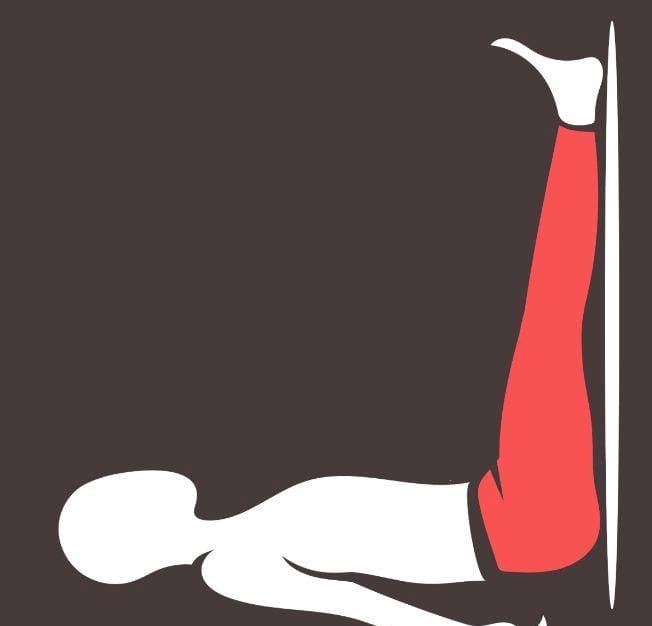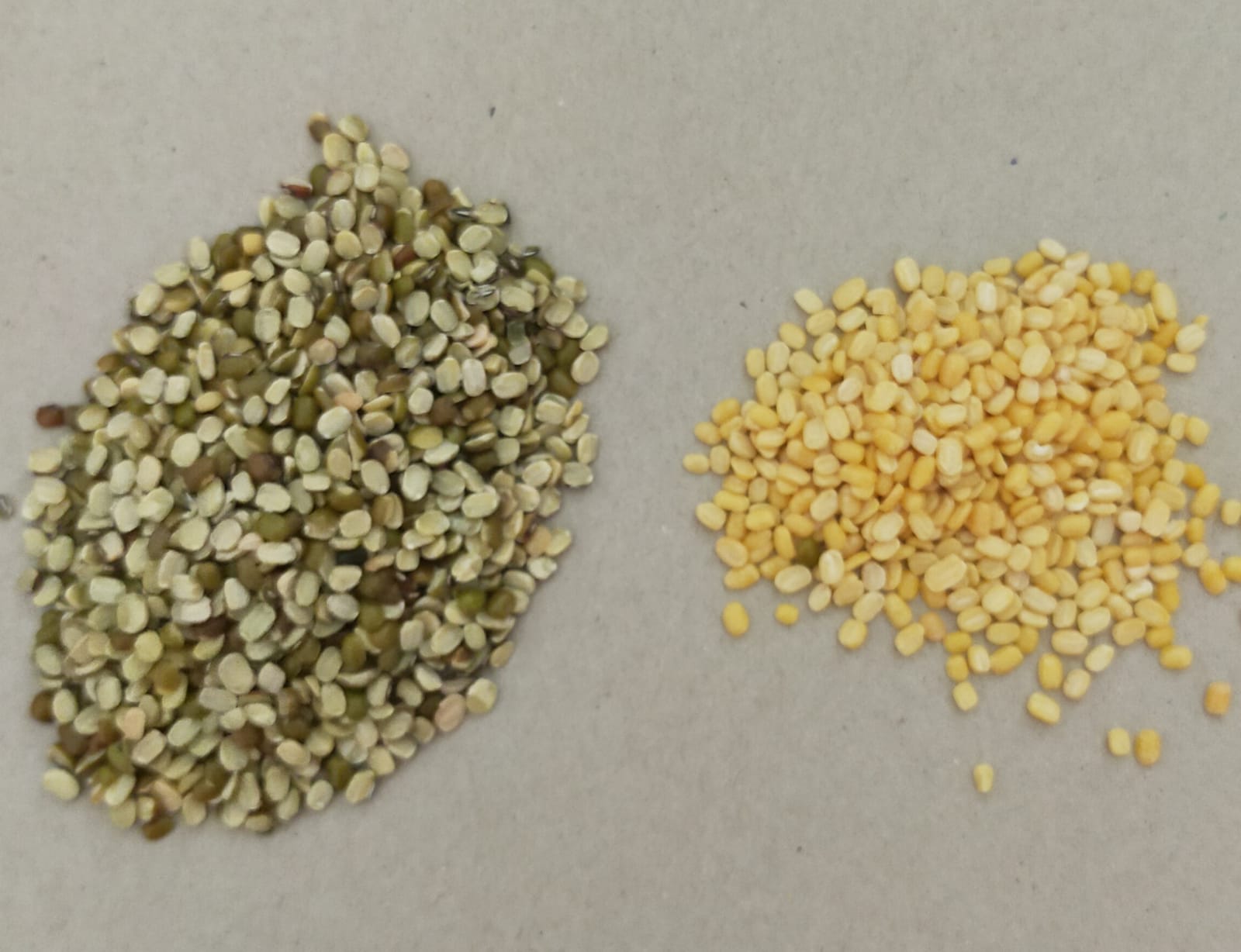Vitamins are essential nutrients that are necessary for the proper functioning of our body. They can be subdivided into fat-soluble vitamins such as A, D, E and K and water-soluble vitamins such as C and all B vitamins. B12 is an exceptional vitamin, because it is water-soluble and also has a stock like the fat-soluble vitamins. That stock can last 3 to 10 years. If the supply runs out, the bloodvalue will decrease and there will be a shortage. You then have to built up a stock again and that is easier said than done.
Vitamin B12 is made by micro organisms. This happens in the small intestine in places where B12 is not absorbed. We depend on the nutrition that contains B12. Only meat, fish and eggs contain B12.
Who are prone to a shortage of B12?
- People who do not eat animal products are more likely to be deficient.
- The elderly. Study shows that 15-35% of the elderly do not have enough gastric acid, because the production decreases with age, so the elderly are less able to release B12 from the diet.
- Also people who are under a great deal of stress or those who have a burn-out, have less gastric acid.
- People who miss a part of their stomach (for example due to bariatric surgery).
- People who miss the last part of their small intestine (for example because of Crohns disease surgery), because B12 is absorbed in the last part of the small intestine with the help of intrinsic factor from the stomach.
- People with Celiac disease.
- People who don’t have enough intrinsic factor due to damaged gastric mucosa.
What is ‘intrinsic factor’?
B12 is released from food in the stomach by stomach acid. The intrinsic factor is created in the gastric mucosa. In the small intestine, B12 and the intrinsic factor link up for further transport in the intestine and the actual absorption of B12 in the latter part of the small intestine.
Systems that are affected by a B12 deficiency:
- Nervous system
- Hematological system: blood, bone marrow, blood clotting.
- Immune system
- Cardiovascular system
- Stomach and intestinal system
- Muscles, tendons, bones
- Urinary tract and sexual organs
Because a B12 deficiency affects so many systems, it can affect everybody in a different way. Some people will have tinglings and muscle cramps, some will experience memory loss, concentration problems and fatigue, some might get depressed, have menstrual problems or get an inflammation of the tongue. When a B12 deficiency is not diagnosed in time or if it is not taken seriously, it can lead to thin fiber neuropathy.
Also with MS it is advisable to have B12 checked. In fibromyalgia, relief appears to occur with B12 injections.
Nutrition and B12
If you take enough meat, fish and eggs and you have no complaints with your digestive tract, you will probably achieve the daily recommend amount of B12. Should you have probles with your digestive tract, you could use a lozenge, because the lozenge will be absorbed in the mucosa of the mouth. An other way to get B12 on track, are the injections. You will have to arrange this through your doctor.
There are two good documentaries on B12 on Youtube, should you be interested:
- The living fog by the Pernicious Aneamia Society.
- Could it be B12? An epidemic of misdiagnoses of Sally Pacholok en Jeffrey Stuart.
Should you have any questions, please hit the contact button!
Mary






Hi, i foud https://mhealthblogm.com very useful.
The What is vitamin B12? page it is well written and has helped me a lot.
I and my friends Roman and CarolPennin used the best product to
lose weight and to be fit in summer. Now we have forgotten the ungainly fat and we
are glad of our weight. Now I feel beautiful and attractive.I am so happy!!!
🙂 If you are interested for yourself, enter: https://s96.me/fit .
Kiss you All!
thanks
merci
beau partage
Leave a comment